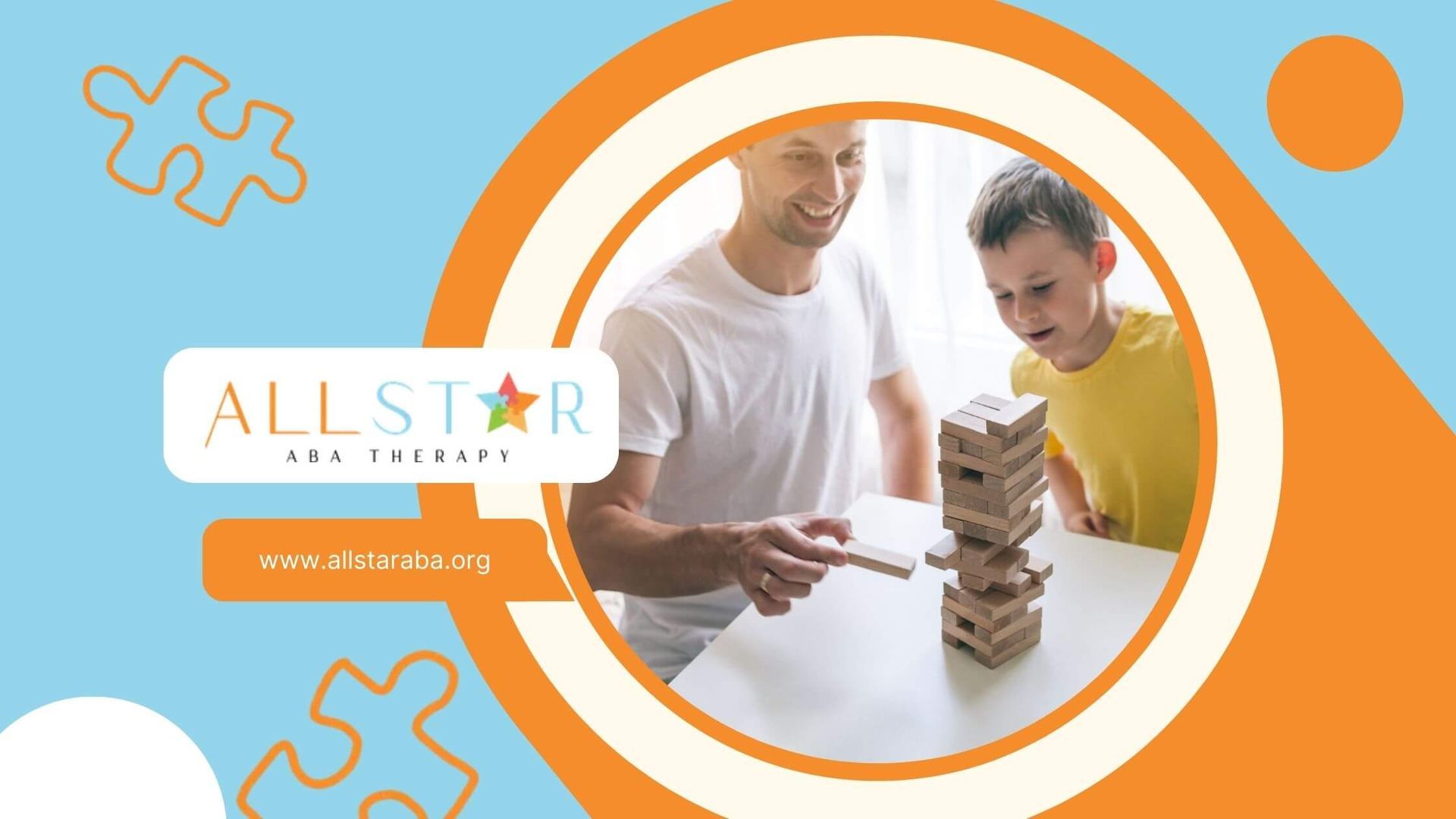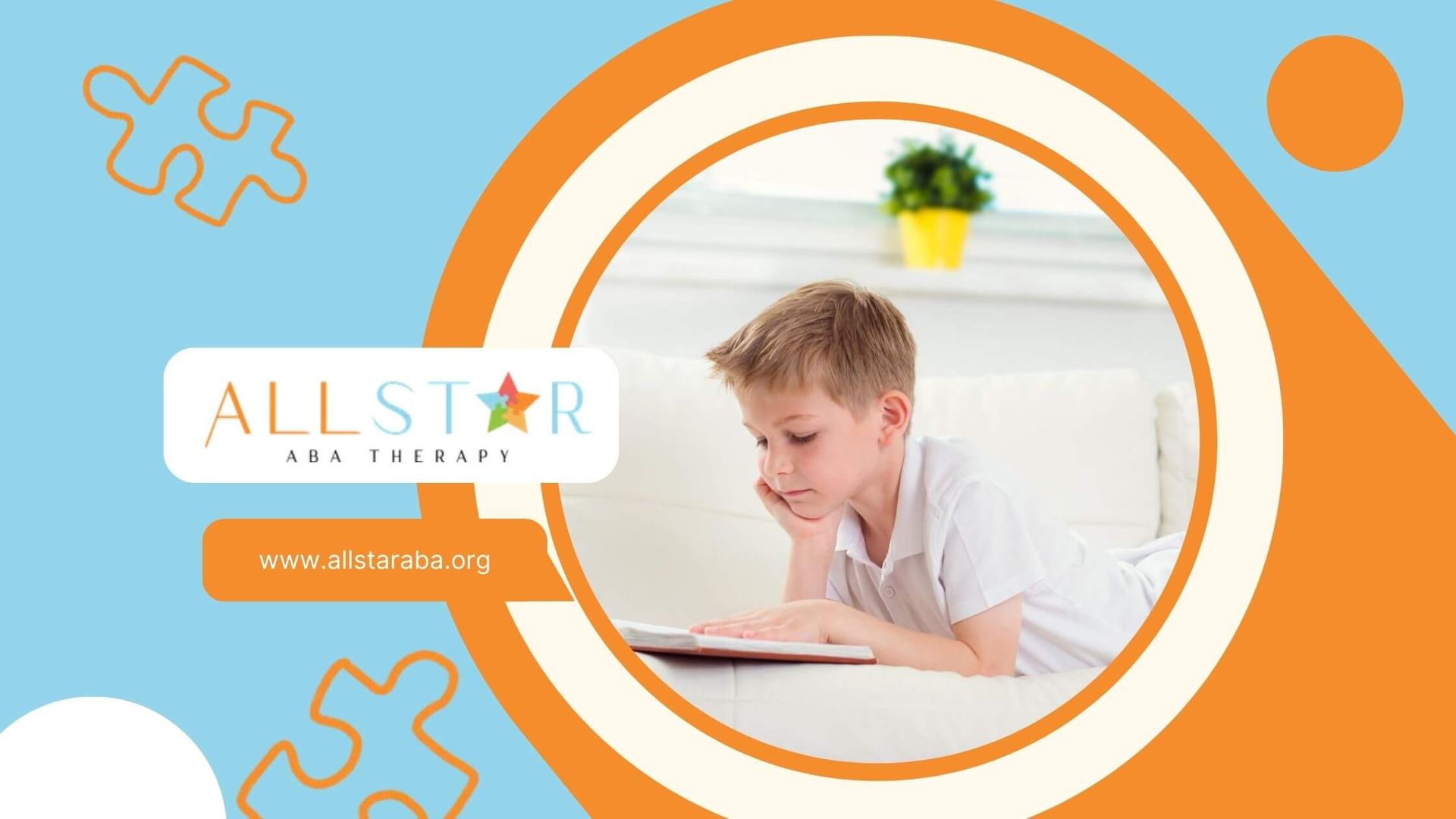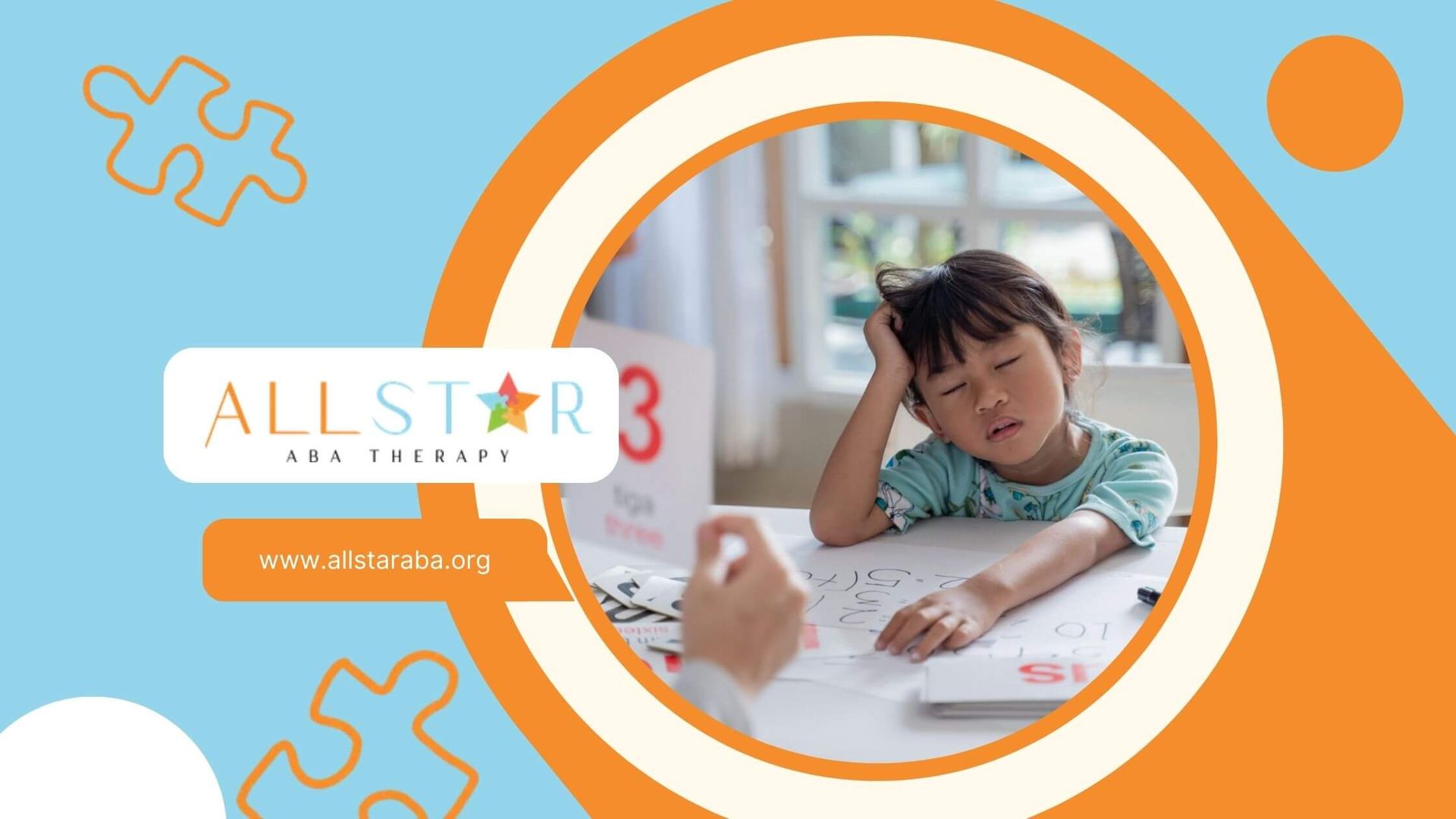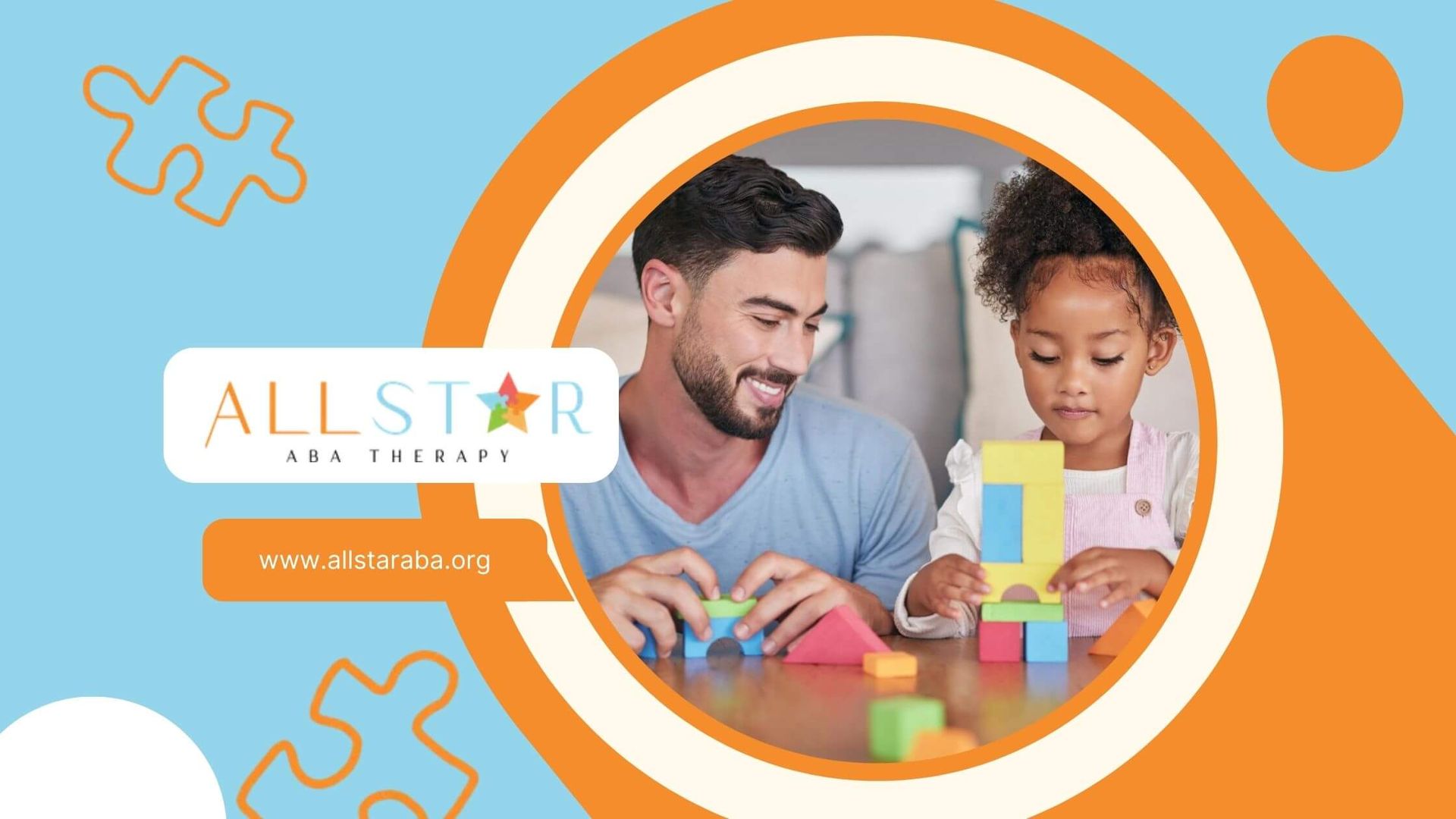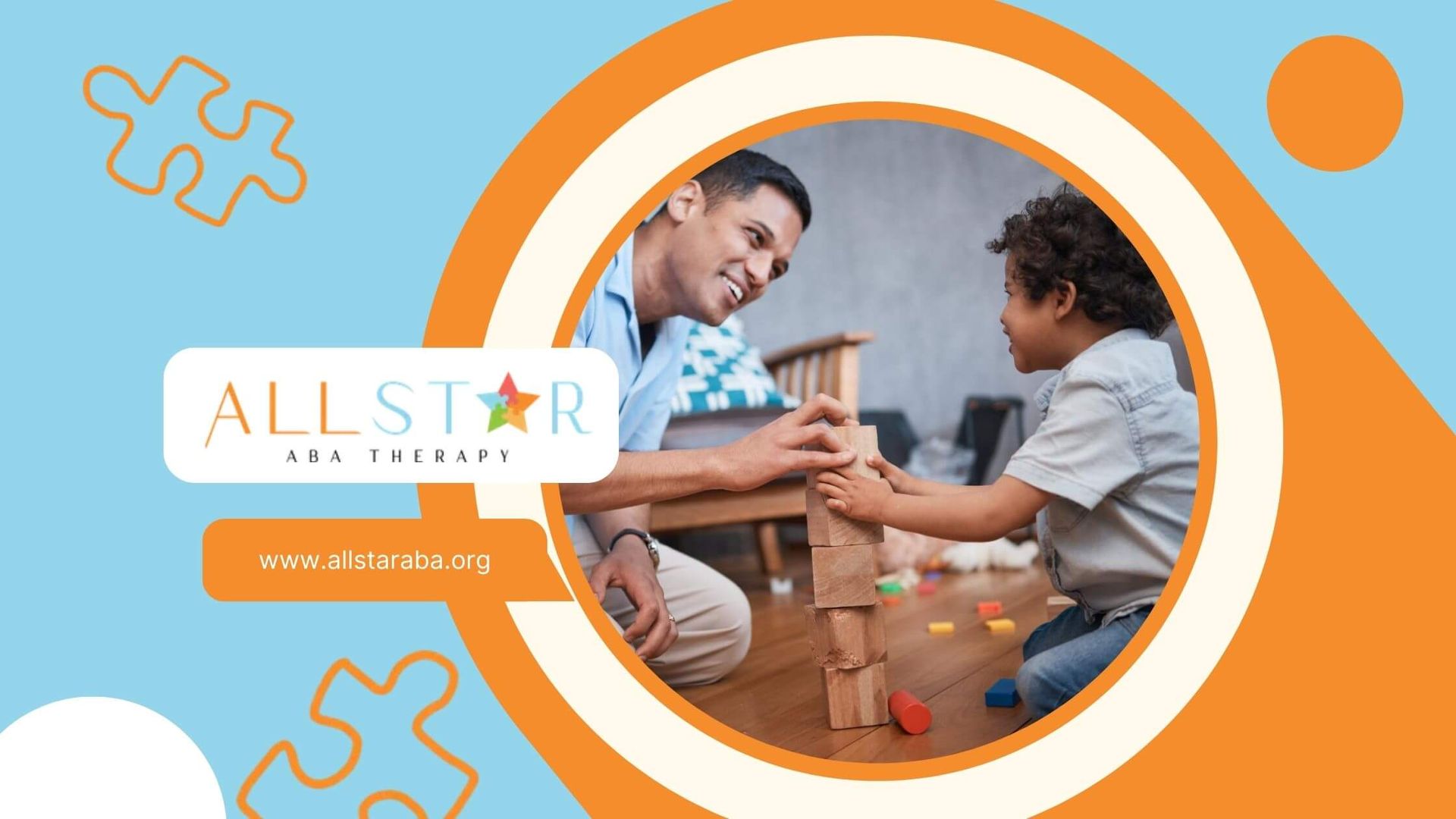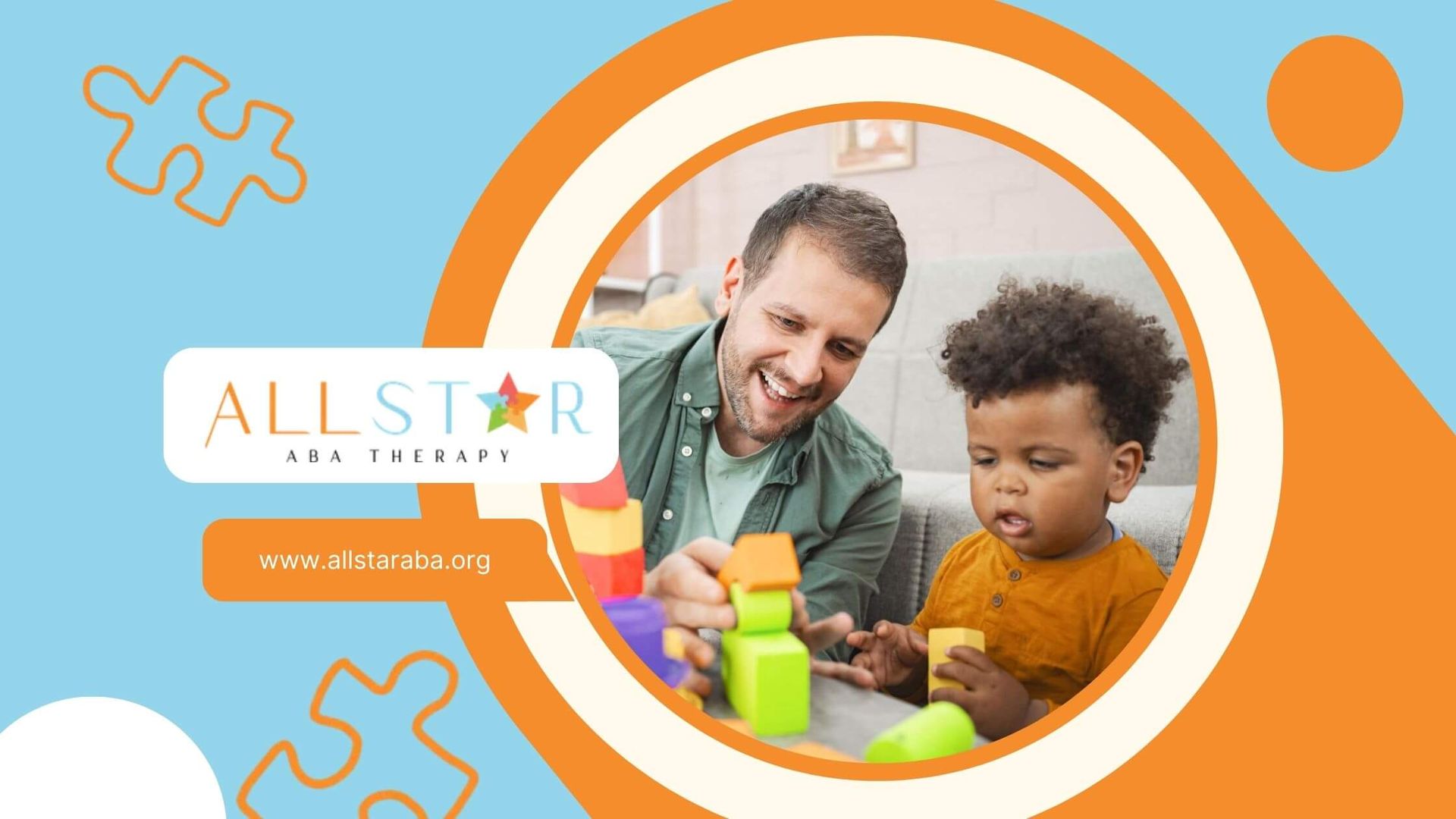New Paragraph
What Being Neurodivergent Means (and How Autism Fits In)
People often use the words neurodivergent and autistic interchangeably — but they don’t mean exactly the same thing. Autism is a type of neurodivergence, but not everyone who’s neurodivergent is autistic.
Let’s make this simple and easy to understand.
What “Neurodivergent” Means
Neurodivergent is an umbrella term that describes people whose brains work differently from what’s considered “neurotypical.” It’s not a label for a disorder — it’s a way to recognize and celebrate brain diversity.
Neurodivergence includes many different conditions, such as:
- Autism Spectrum Disorder (ASD)
- ADHD (Attention Deficit Hyperactivity Disorder)
- Dyslexia
- Dyspraxia (motor coordination differences)
- Tourette Syndrome
- And others
Everyone’s brain processes information in its own unique way — and that’s what neurodiversity is all about.
How Autism Fits Into Neurodivergence
Autism is one of the most well-known forms of neurodivergence. Autistic individuals often think, learn, and experience the world differently.
These differences might include:
- Unique ways of communicating or socializing
- Sensory sensitivities to sound, light, or touch
- Strong interests or deep focus on specific topics
- Preference for structure and familiar routines
While some of these differences can be challenging, they also come with amazing strengths — like creativity, honesty, focus, and incredible attention to detail.
So yes, autism is neurodivergent, but not all neurodivergent people are autistic.
Understanding Neurodiversity
The idea behind neurodiversity is that different brain types are a normal and valuable part of human diversity — just like different personalities, cultures, or languages.
Instead of trying to “fix” neurodivergent individuals, the goal is to support them in ways that build confidence and independence while honoring who they are.
At All Star ABA, we believe in empowering every neurodivergent child — whether they’re autistic, have ADHD, or simply learn differently.
Our ABA therapy programs are personalized, gentle, and focused on helping children develop communication, social, and daily living skills through positive reinforcement and encouragement.
We proudly serve families with ABA therapy in Maryland and Virginia, offering:
- In-home ABA therapy – support and learning in the comfort of your home
- Center-based ABA therapy – structured sessions designed for growth and engagement
- School-based ABA therapy – collaboration with teachers to help children thrive in class
- ABA parent training – tools and strategies for families to support progress at home
If you’re looking for compassionate, individualized ABA therapy for your neurodivergent child, contact us today to schedule a free consultation.
FAQs
Is every autistic person neurodivergent?
Yes. Autism is a form of neurodivergence, so all autistic people are neurodivergent.
Can someone be neurodivergent without being autistic?
Absolutely. People with ADHD, dyslexia, or other neurological differences are also neurodivergent — even if they’re not autistic.
Does being neurodivergent mean something is “wrong”?
Not at all. Being neurodivergent simply means your brain works differently. It’s a natural part of human diversity, not a flaw or defect.
Sources:
- https://www.cuh.nhs.uk/our-people/neurodiversity-at-cuh/what-is-neurodiversity/
- https://edu.admin.ox.ac.uk/neurodivergent-conditions
- https://my.clevelandclinic.org/health/symptoms/23154-neurodivergent
- https://www.usa.edu/blog/neurodivergent-vs-autism-are-they-the-same/
- https://www.health.harvard.edu/blog/what-is-neurodiversity-202111232645
Need Support?
We're Here to Help!
Our experienced team is ready to assist you. Reach out today to discuss how we can support your child's development and well-being.
Get started with expert ABA therapy today.



